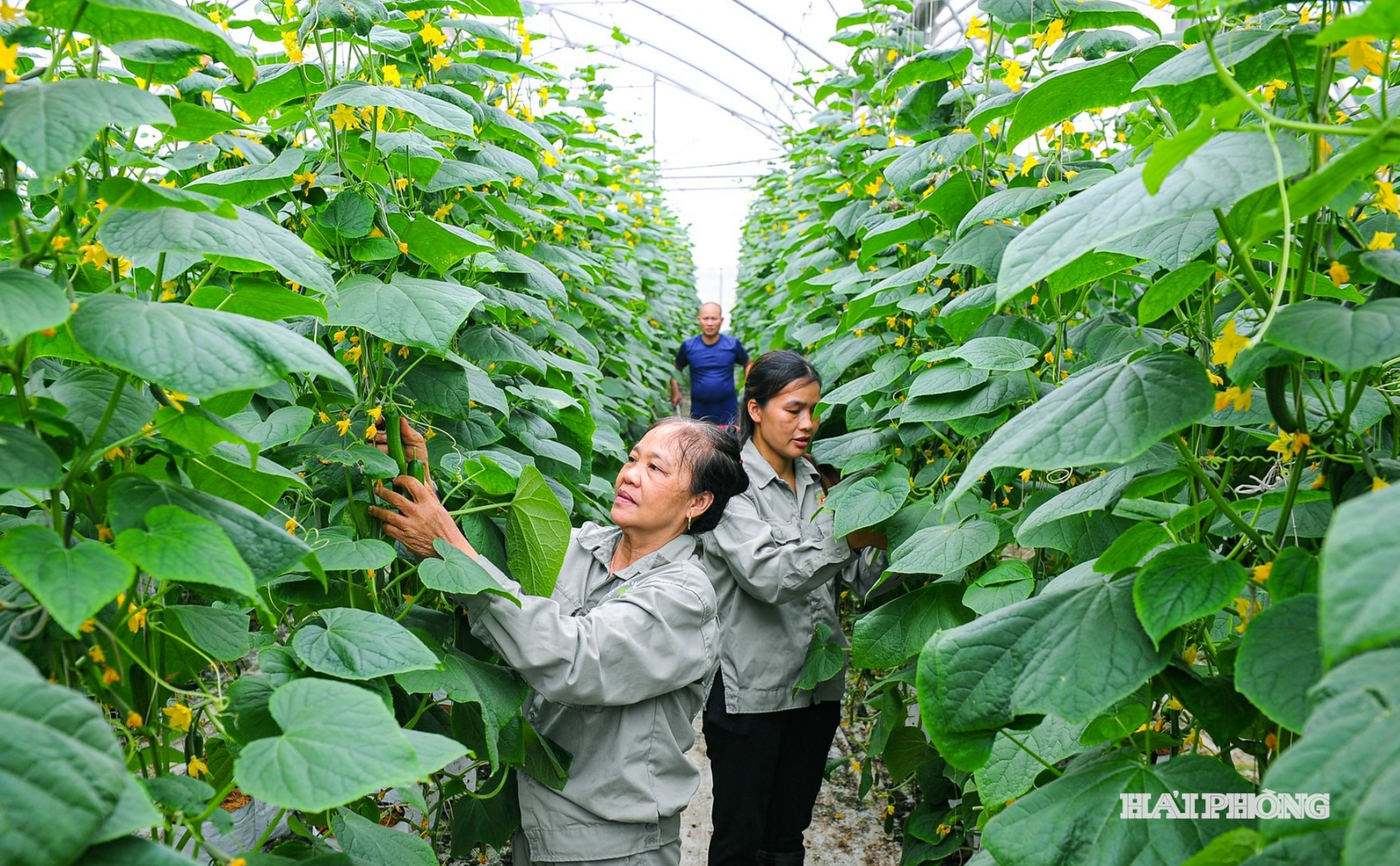
Removing barriers
According to incomplete statistics of the Department of Agriculture and Environment, the number of enterprises investing in the agricultural sector in the city currently accounts for less than 10% of the total number of enterprises. Most of the projects are still small, mainly in the preliminary processing stage; few enterprises invest in deep processing. There are no foreign-invested enterprises in the agricultural sector.
Ky Duyen Green Food Company Limited in Vinh Hoa Commune (East Hai Phong area) used to own a cultivation area of up to 40 hectares. The company cooperated with many farming households to increase the value of local agricultural products. However, this company now has to reduce its production scale.
Ms. Do Thi Duyen, a business owner, said that agricultural production is subject to many risks due to weather and supply-demand pressures; long-term land lease for proactive investment and cultivation also faces many difficulties. To borrow capital, businesses need to meet very specific standards, which makes the number of businesses investing in agricultural production often much less than in other fields.
The main reason is that the land is still fragmented and has not yet formed many large-scale production areas, making it difficult to attract large-scale investment from enterprises.
Currently, the rate of family livestock farming in the city accounts for 49%, intensive aquaculture only reaches 35%, the area of commodity production concentrated in the field of cultivation only reaches 10 - 15%. Not only that, the area of agricultural land is increasingly narrowed due to urbanization and industrial development.
Land consolidation and land accumulation are not fast enough to meet the needs of the new period. The city still lacks resources to support large-scale production; post-harvest processing is still weak. Many businesses want to lease land for long-term investment, but the procedures are complicated and there is a lack of clean land funds.
Mr. Nguyen Van Tam in Le Thanh Nghi ward plans to rent 10 hectares of land in Nguyen Giap commune to invest in large-scale banana cultivation, but is stuck in the land lease mechanism. According to Mr. Tam, agricultural production has low interest rates, while the contract for public land auction with the locality and renting or borrowing from abandoned farmers is only valid for 5 years, forcing businesses to consider carefully before investing. "Leasing land for a short time makes it difficult for businesses to boldly invest in modern, large-scale technology equipment. Production has not yet made a profit before the land lease contract expires," Mr. Tam worries.
Hai Phong has many strengths in agricultural production, especially high-tech agriculture, especially in the western part of the city. To achieve the target of a GRDP growth rate of agriculture, forestry and fishery reaching 3.0% or more by 2030 with many large-scale cultivation areas and high agricultural product value, increasing investment attraction in the agricultural sector needs to be paid attention to.
Add support mechanism
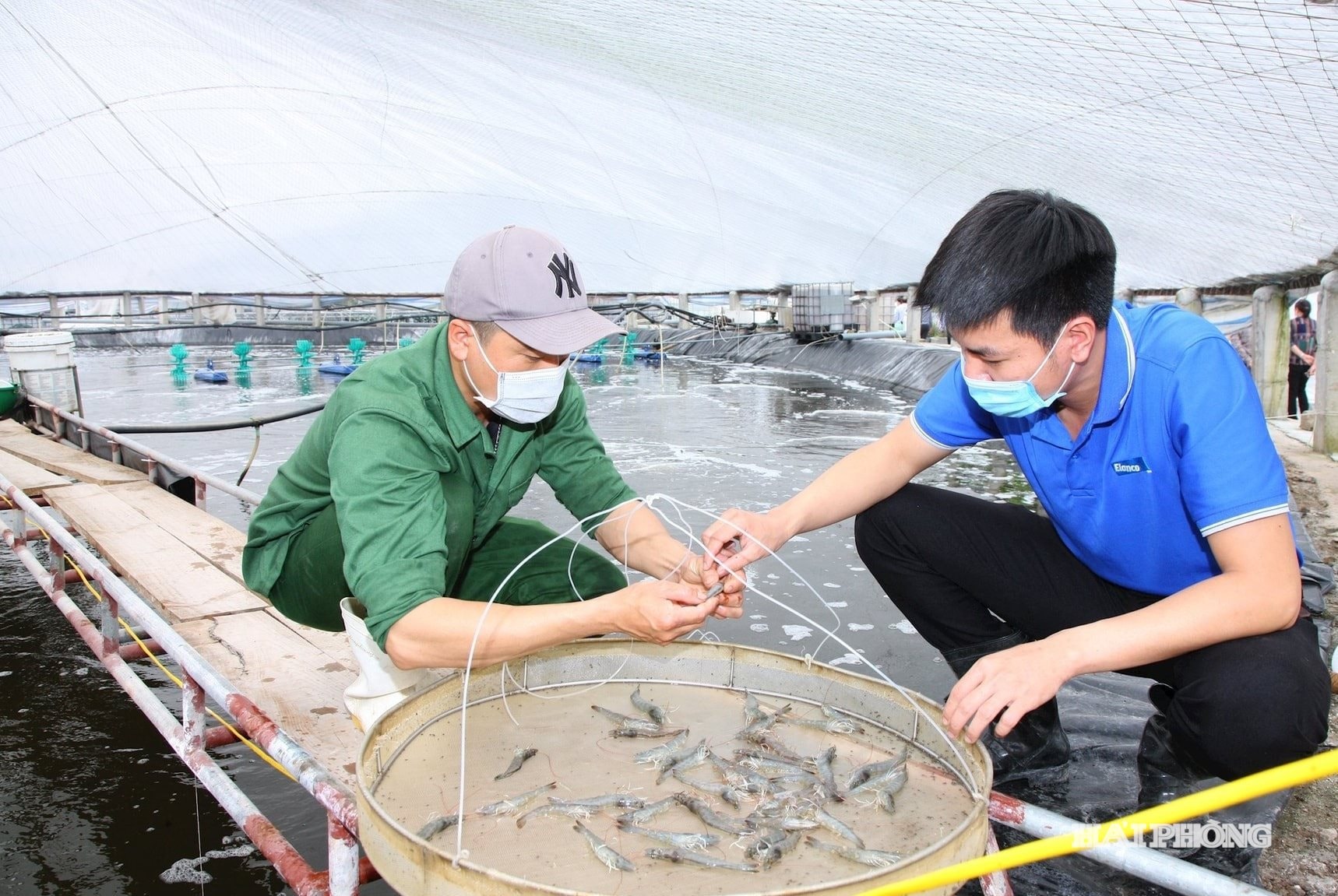
Hai Phong has a clear advantage of being located near major consumption centers such as Hanoi and Quang Ninh, and also owns a seaport system that is favorable for exporting agricultural products. The problem is how to turn that advantage into a driving force to attract investors.
To increase investment attraction for agriculture, the City Department of Agriculture and Environment has drafted a Resolution regulating a number of policies to encourage the development of agricultural and aquatic production in the city for the period 2026 - 2030, and submitted it to the City People's Council for consideration and resolution.
The draft focuses on a number of more diverse agricultural stages and fields to promote organizations and individuals to mobilize investment resources to develop agricultural production, towards modernizing agriculture in a focused, key, and sustainable direction.
According to the draft, the number of support policies will double compared to Resolution 15/2021 of the City People's Council on mechanisms and policies to encourage the development of concentrated agricultural, aquatic and commodity production in the city in the period of 2022 - 2025.
Specifically, the city will increase resources to support investment interest rates for developing concentrated, large-scale agricultural and aquatic production; support certification of the application of good agricultural practices, organic farming, and disease-safe livestock; and support smart agricultural and aquatic production associated with digital transformation.
However, in addition to mechanisms and policies, farmers need to proactively change their mindset from small-scale production to cooperative linkages. By joining cooperatives and cooperative groups, farmers will have the strength to work with businesses to create large raw material areas. In addition, each household needs to raise awareness of complying with safe production processes, applying VietGAP, GlobalGAP, and organic production to meet domestic and foreign markets.
On the other hand, businesses that want to go the long way must boldly invest in deep processing, increasing added value instead of just stopping at the preliminary processing stage. Businesses need to innovate management, apply high technology, such as: automation, IoT, artificial intelligence in agriculture, to help reduce costs, increase productivity; focus on building brands, developing stable distribution channels, implementing social responsibility, ensuring harmonious benefits with farmers and the community.
At the local dialogue session - Red River Delta cluster, within the framework of the Vietnam Private Economic Forum 2025 (VPSF 2025) recently in Hai Phong, Vice Chairman of the City People's Committee Tran Van Quan affirmed that the city authorities at all levels are committed to continuing to strongly improve the investment environment, gradually removing barriers, creating the most favorable conditions for businesses to develop and integrate economically, including implementing many policies to attract businesses to invest in agriculture.
When barriers are removed with the support of the government and effective support policies from the city, it will help the business community boldly invest in agricultural production, create jobs, increase income for rural workers and contribute to ensuring food security, helping agriculture affirm its important position as one of the four pillars of the city's economy.
BAO ANHSource: https://baohaiphong.vn/tang-suc-hut-dau-tu-vao-nong-nghiep-522455.html


![[Photo] Solemn opening of the 8th Congress of the Central Public Security Party Committee, term 2025-2030](https://vphoto.vietnam.vn/thumb/1200x675/vietnam/resource/IMAGE/2025/10/4/f3b00fb779f44979809441a4dac5c7df)



![[Photo] Bustling Mid-Autumn Festival at the Museum of Ethnology](https://vphoto.vietnam.vn/thumb/1200x675/vietnam/resource/IMAGE/2025/10/4/da8d5927734d4ca58e3eced14bc435a3)
![[Photo] General Secretary To Lam attends the 8th Congress of the Central Public Security Party Committee](https://vphoto.vietnam.vn/thumb/1200x675/vietnam/resource/IMAGE/2025/10/4/79fadf490f674dc483794f2d955f6045)
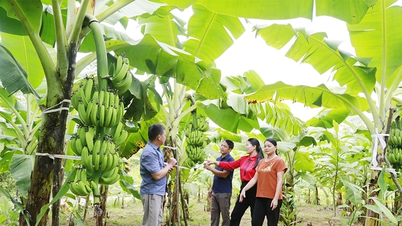

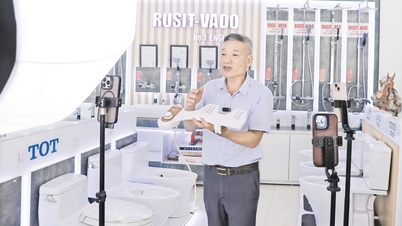




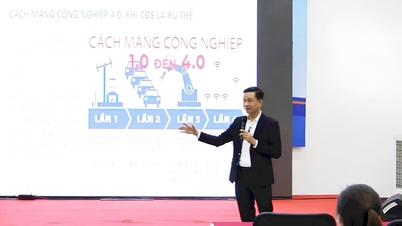

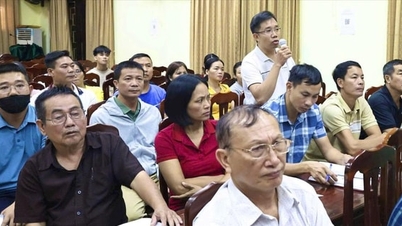


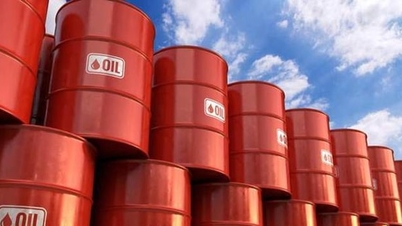
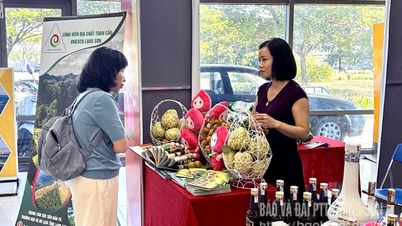

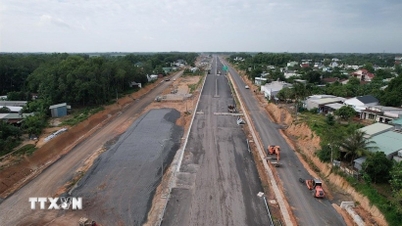

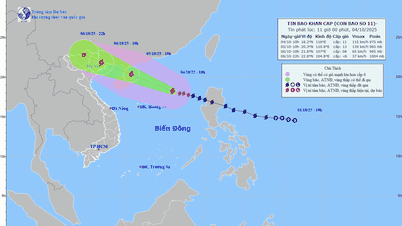

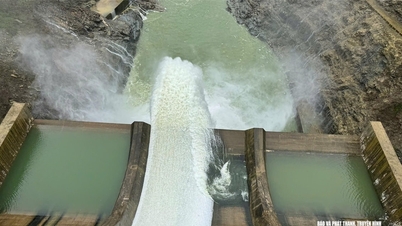




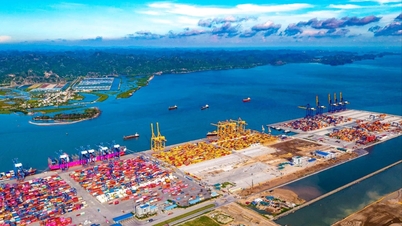
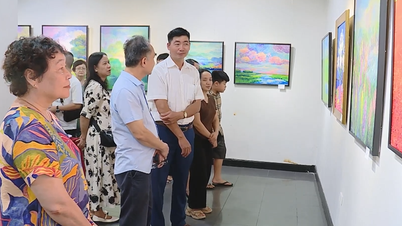
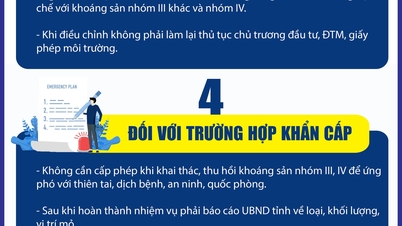
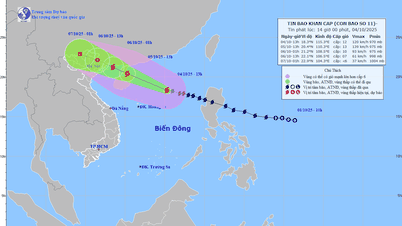

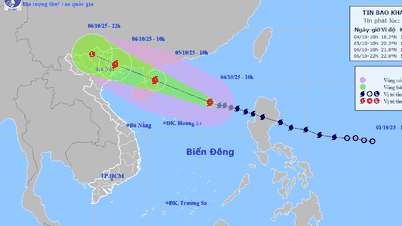



























![[VIDEO] Summary of Petrovietnam's 50th Anniversary Ceremony](https://vphoto.vietnam.vn/thumb/402x226/vietnam/resource/IMAGE/2025/10/4/abe133bdb8114793a16d4fe3e5bd0f12)
![[VIDEO] GENERAL SECRETARY TO LAM AWARDS PETROVIETNAM 8 GOLDEN WORDS: "PIONEER - EXCELLENT - SUSTAINABLE - GLOBAL"](https://vphoto.vietnam.vn/thumb/402x226/vietnam/resource/IMAGE/2025/7/23/c2fdb48863e846cfa9fb8e6ea9cf44e7)
















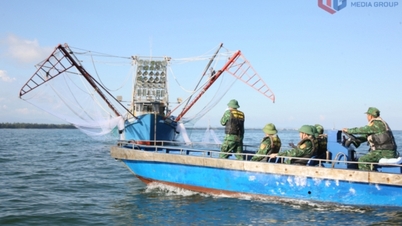


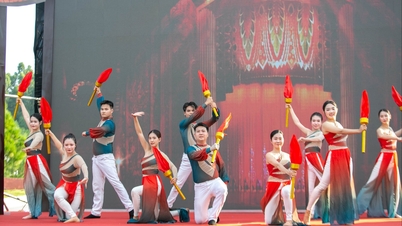
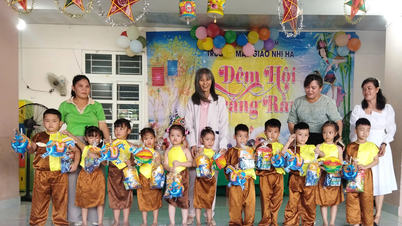








Comment (0)